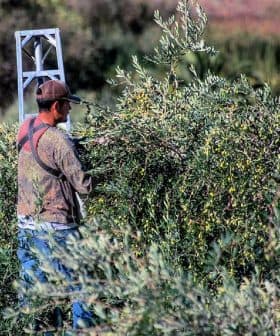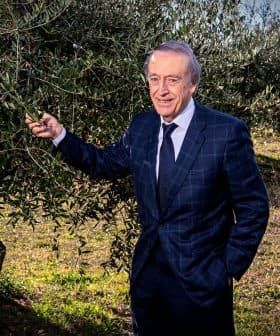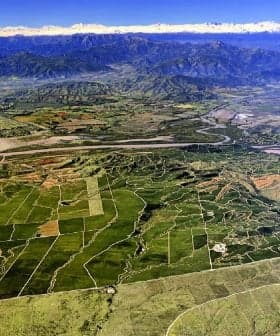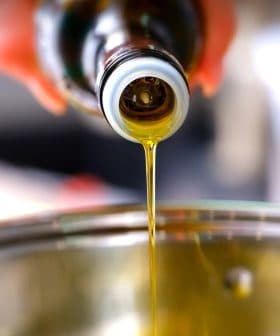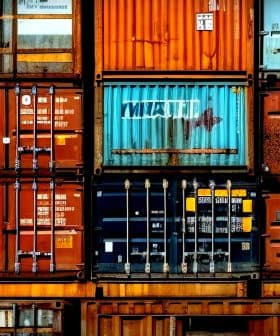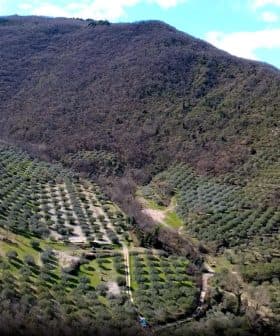Sustainability Guides Award-Winning Producer in Turkey
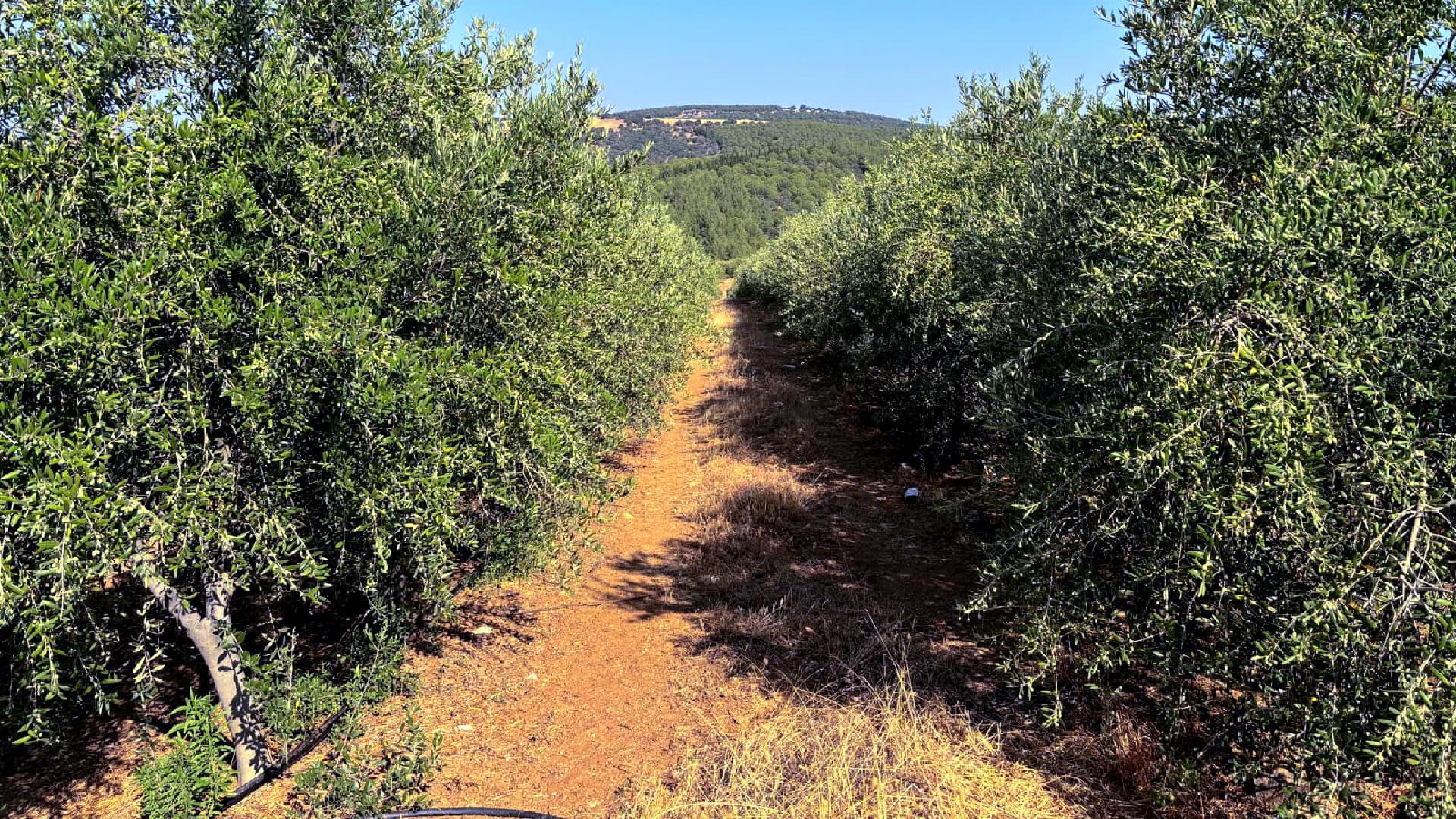
Garisar, an award-winning Turkish olive oil producer, faces challenges such as climate change and economic fluctuations while striving to meet the growing demand for high-quality olive oil. Despite a challenging season with lower olive yields, the company plans to expand its product lineup and orchards in the Aegean region, focusing on sustainable farming practices and leveraging modern agricultural techniques.
As the demand for extra virgin olive oil grows, award-winning Turkish producer Garisar said that adapting to an uncertain climate and the challenges created by pests is crucial.
“The growing demand for high-quality olive oil presents a significant opportunity,” said Davut Ayvaz, chief executive. Garisar won a Gold Award at the 2024 NYIOOC World Olive Oil Competition.
“However, we also face challenges such as climate change and economic fluctuations,” he said. “Overcoming these challenges will require leveraging technology and adopting sustainable farming practices to ensure continued success in the industry.”
In addition to an unusual winter, unevenly distributed cold weather impacted many olive oil-producing areas, damaging the fruit setting and directly affecting olive yield.
Turkey produced 180,000 tons in the 2023/24 crop year, significantly below the previous season’s record-high yield and 29 percent below the five-year average. Despite these challenges, Turkish producers earned 29 awards at the 2024 NYIOOC.
See Also:Producer Profiles“It was a challenging season characterized by stressful weather conditions and natural factors,” Ayvaz said. “The impacts felt across the entire Mediterranean region affected us as well.”
“We experienced a lower olive yield and encountered multiple challenges in preserving the quality of our olive oil,” he added. “Still, we anticipate the new season will be successful and productive. We expect high-quality olives and a good harvest.”
As climate uncertainties and pests require close monitoring of the orchards, Ayvaz believes that “we can manage them through continuous improvement efforts and the implementation of modern agricultural techniques.”
According to the company, the principles of sustainable farming guide its choices, and it minimizes pesticide use and applies an organic approach throughout its production.
The company produces various foods; olive oil is the newest addition to its product lineup.
“Garisar was founded in 2019, driven by our passion for discovering and sharing unique and hidden flavors,” Ayvaz said. “Although we established our business in 2019, our first products were launched in 2022.”
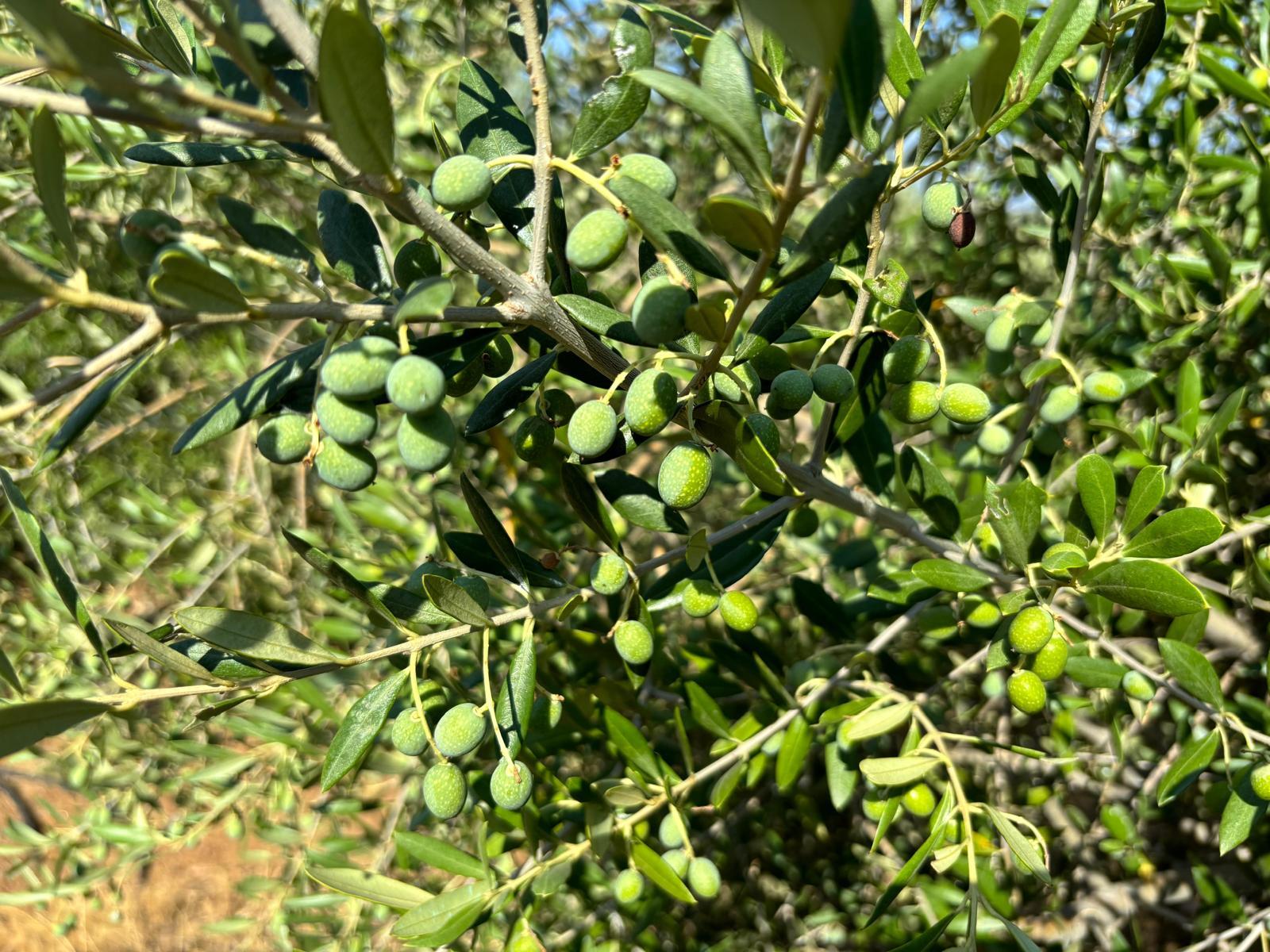
Along with Arbequina olives, Ayvaz is preparing to plant native Memecik and Edremit varieties. (Photo: Garisar)
The company completed the first harvest of its 5,000 trees in 2022. The harvest is done entirely by hand and occurs very early in the season.
Garisar promotes its Arbequina monovarietal as especially rich in polyphenols and plans to expand its olive orchards further.
“So far, we have only harvested from our Arbequina trees,” Ayvaz said. “We are currently preparing to add the Memecik and Ayvalik varieties.”
While Arbequina olives are originally from Spain, Memecik and Ayvalik are native varieties. Memecik is known for its robust flavor and high antioxidant content, while Ayvalik, also known as Erdemit, is often characterized by a balanced and fruity profile.
Both are highly prized in the country. Since last year, Erdemit trees in the region have also been the source of the Edremit Protected Designation of Origin (PDO) certification.
Protected Designation of Origin (PDO)
A Protected Designation of Origin (PDO) is a type of geographical indication (GI) that identifies a product as originating from a specific geographical area and having qualities or characteristics that are essentially attributable to its geographical origin. The PDO designation is a legal label that is used to protect the names of products that are truly unique to a particular region.
In the coming years, the company plans to add olive oils and other olive products from cultivars that grow throughout the Aegean region.
“We generally prefer the fertile lands of the Aegean region for our orchards,” Ayvaz said. “Our current Arbequina orchard is located in the Manisa Köprübaşı area,” the inland region east of Izmir.
All the olive groves managed by the company follow a traditional setup with drip irrigation systems.
“We do not yet have our own olive mill,” Ayvaz said. “As the number of our orchards and varieties increases, we plan to build a modern facility.”
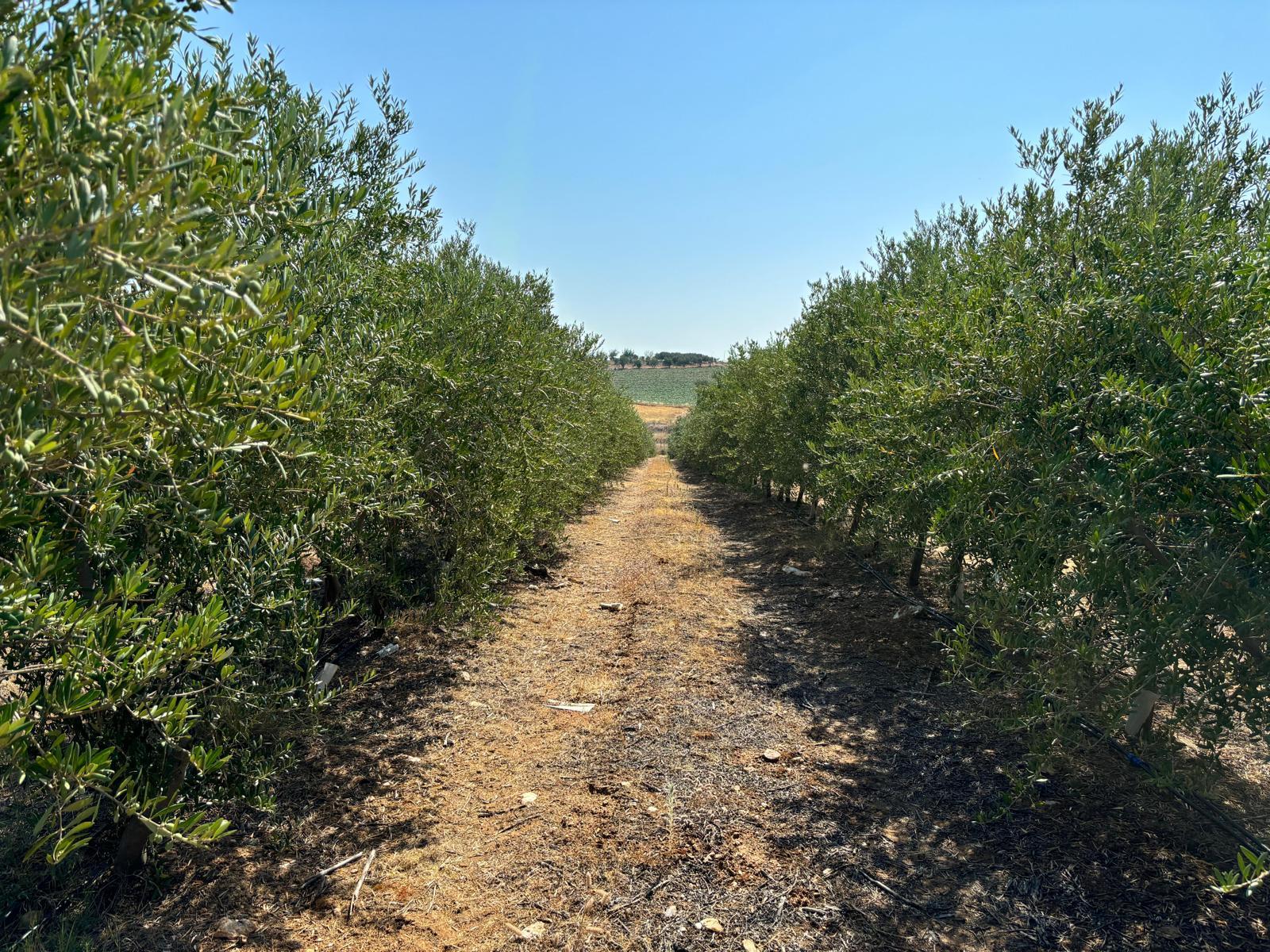
Ayvaz said the future plans for the company include building a modern olive mill. (Photo: Garisar)
Ayvaz explained that its entire production is intended for export, specifically to the United States.
“We complete the bottling process within hours of harvesting our olives and import the olive oil [from Turkey] in bottled form,” he said. “Turkey has imposed restrictions on olive oil exports in recent years. However, these restrictions do not apply to bottled products, so we have not been affected.”
Ayaz said the company usually does not participate in olive oil quality competitions but makes an exception for the NYIOOC.
“We decided to participate in the NYIOOC because it is a prestigious competition… and provides a valuable platform within the U.S. market,” he said.
“While we were optimistic about achieving this victory, winning a Gold Award filled us with profound pride and honor,” Ayaz added. “It validates our dedication and underscores the exceptional quality of our products.”



